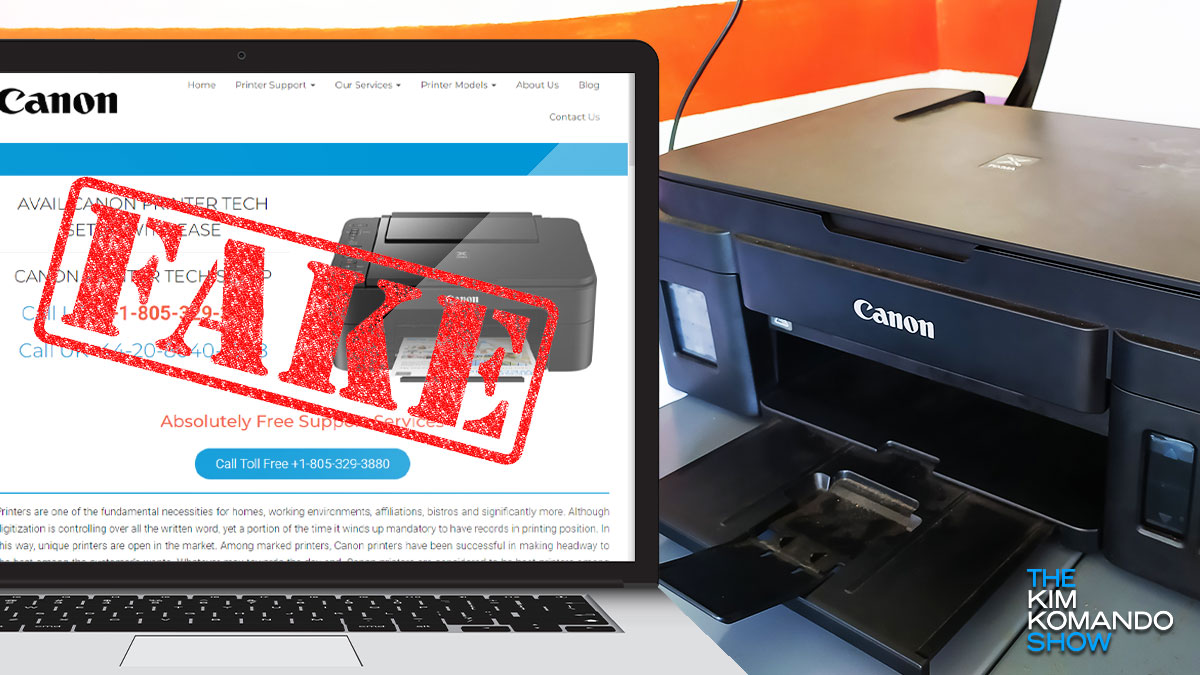QR cronies: Hackers have upped their tactics with QR codes in PDFs that lead to fake sites and steal login details. Double-check those “official” emails and think twice before you send anything to a random online portal.
Fake Prime Day sites, emails and calls spreading

Amazon’s fall Prime Big Deal Days sale is next week on Oct. 8 and Oct. 9. Yes, I’ll be sharing all the best deals. But the most important thing I want you to know is that scammers are hard at work creating lookalike sites and emails to trick you while you’ve got your credit card out.
Gone are the days of crappy rip-offs. Today’s crooks create fake websites that look just like the ones they’re imitating. Don’t worry, I’ve got your back, and I’m here to help you spot the scams and shop safely.
Carbon copy
Over the last 30 days, Check Point Research has discovered more than 1,000 newly registered Amazon-related domains — and 88% of them are malicious or suspicious.
One out of every 54 of the new domains includes the phrase “Amazon Prime,” because they want your search to lead right to them.
- Examples: Domain names ending with .com, like “amazonprimemotels,” “amazonprimeresort” and “amazonprimeresorts.”
Many of these domains are “parked,” meaning they’re not in use — yet. Scammers like to get their ducks in a row and create sites that are ready to go live when it’s Prime (Day) time.
As for those sites that already have content up, most look and feel close enough to the real deal to catch the attention of unsuspecting shoppers browsing quickly. More than anything, scammers bank on you seeing the Amazon name and logo.
Calls and emails work, too
Check Point found more than 100 different Prime-focused scam email campaigns. Many impersonate Amazon Financial Services, asking you to update your payment details or other personal information.
They might look something like this:

Do you own one of these printers? Watch out for fake customer service sites

Computers can be difficult to figure out when something goes wrong. Unless you know your way around the Device Manager or system settings, an error message can make you run for the hills. It gets even worse when it’s an accessory like a printer.
